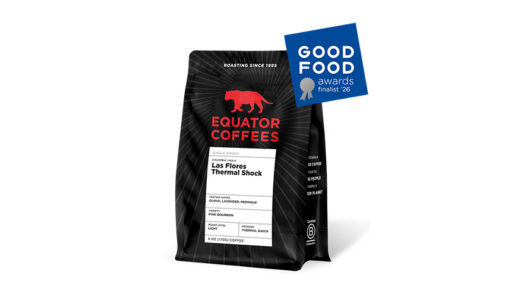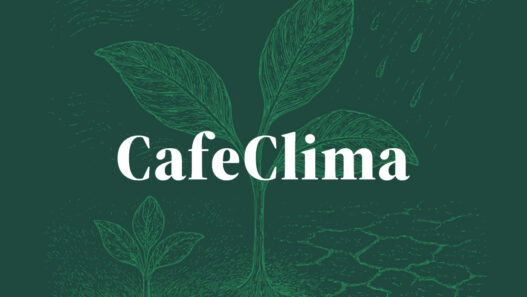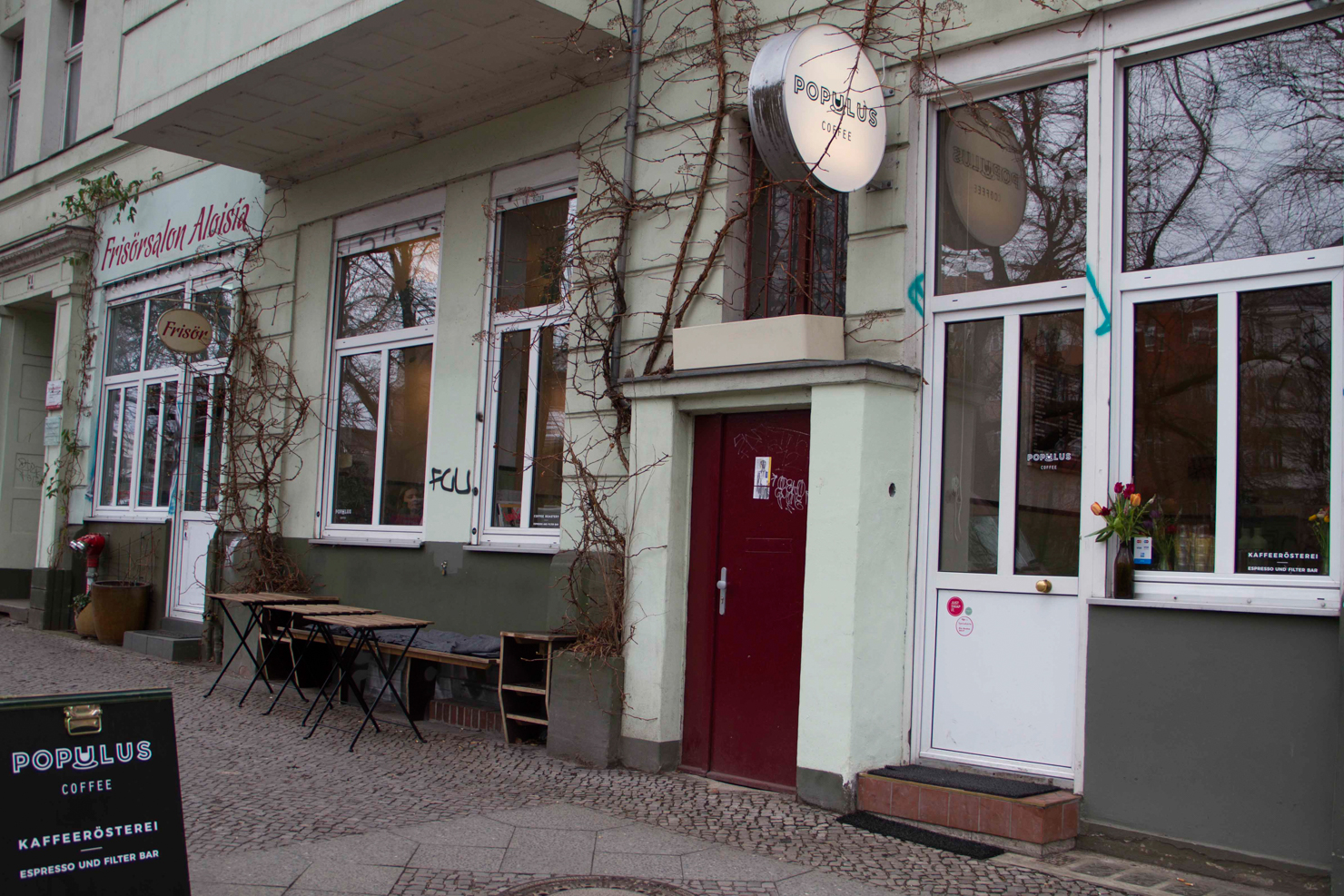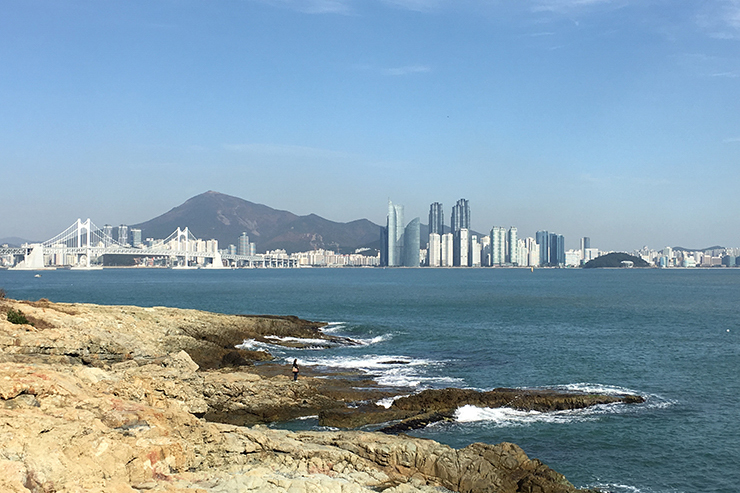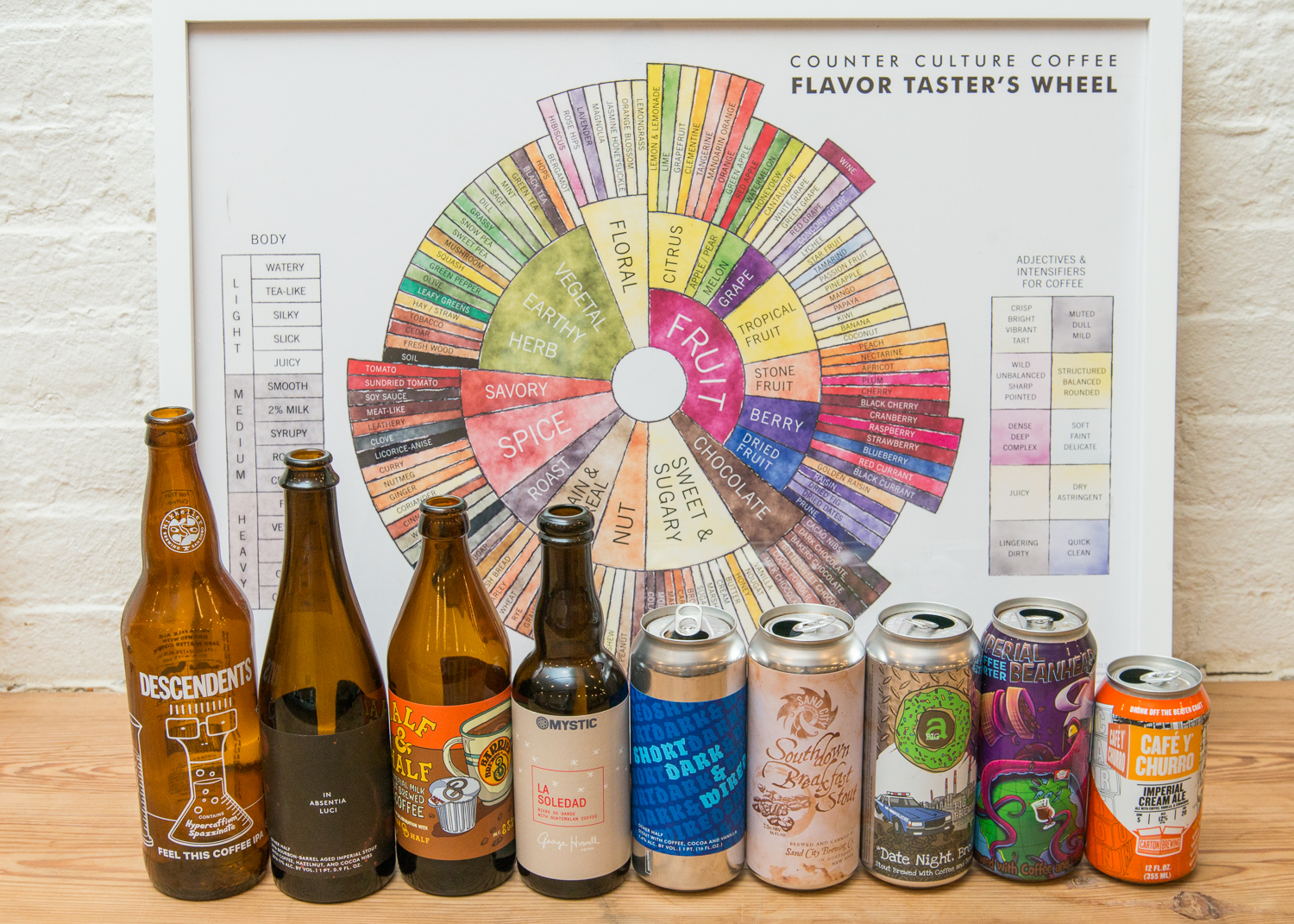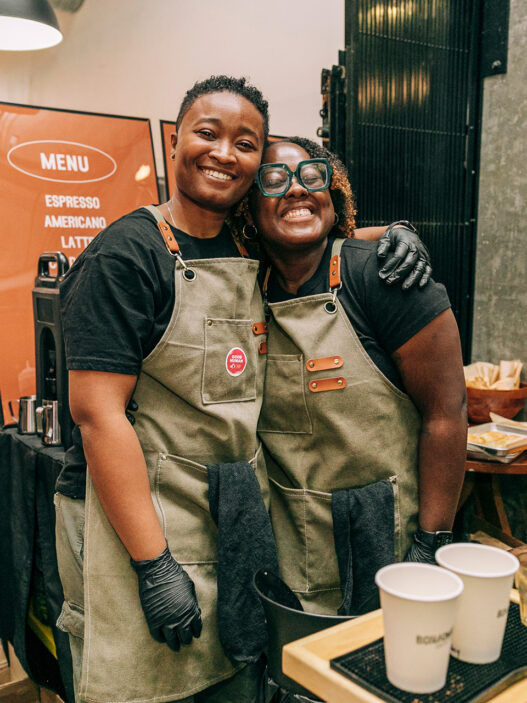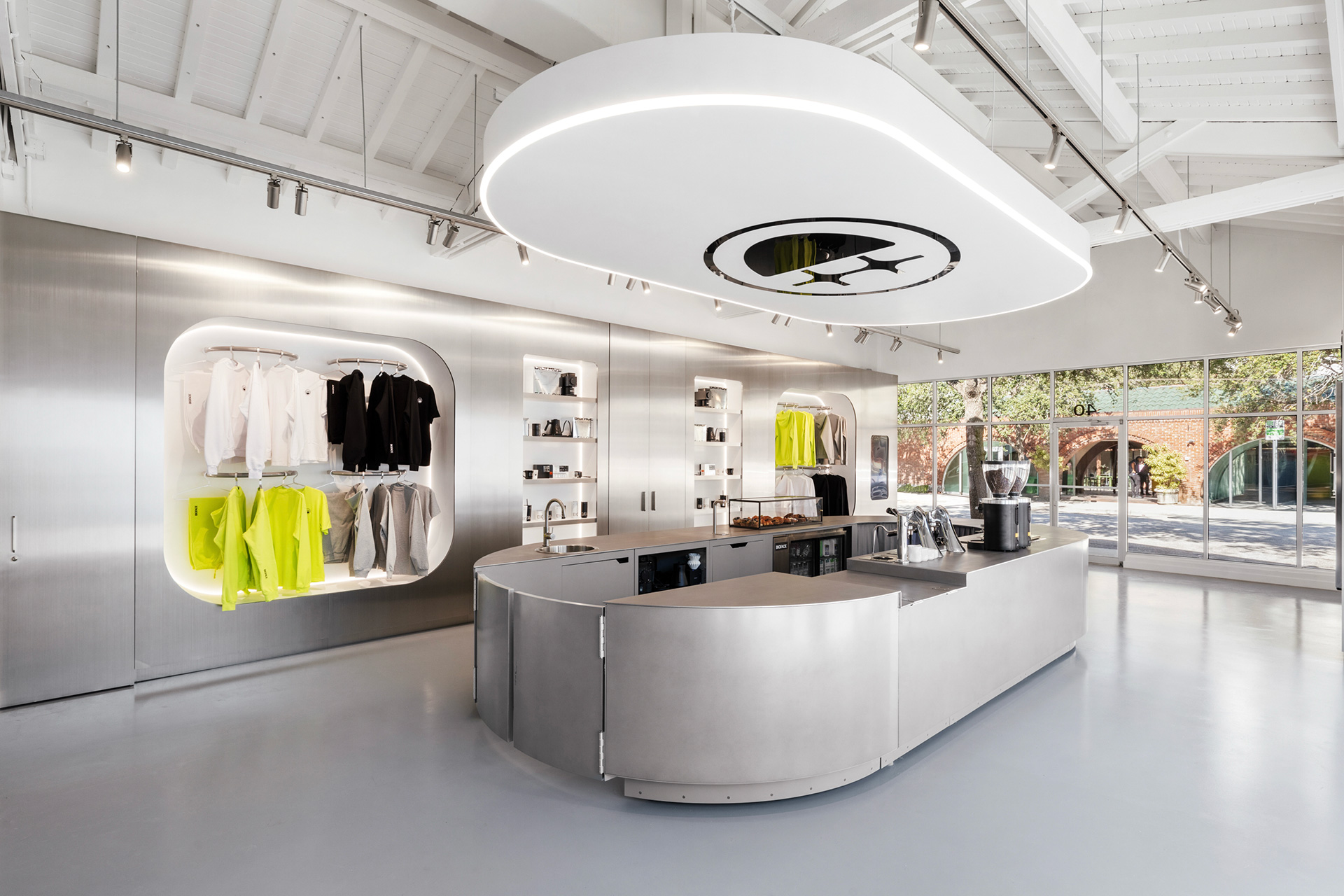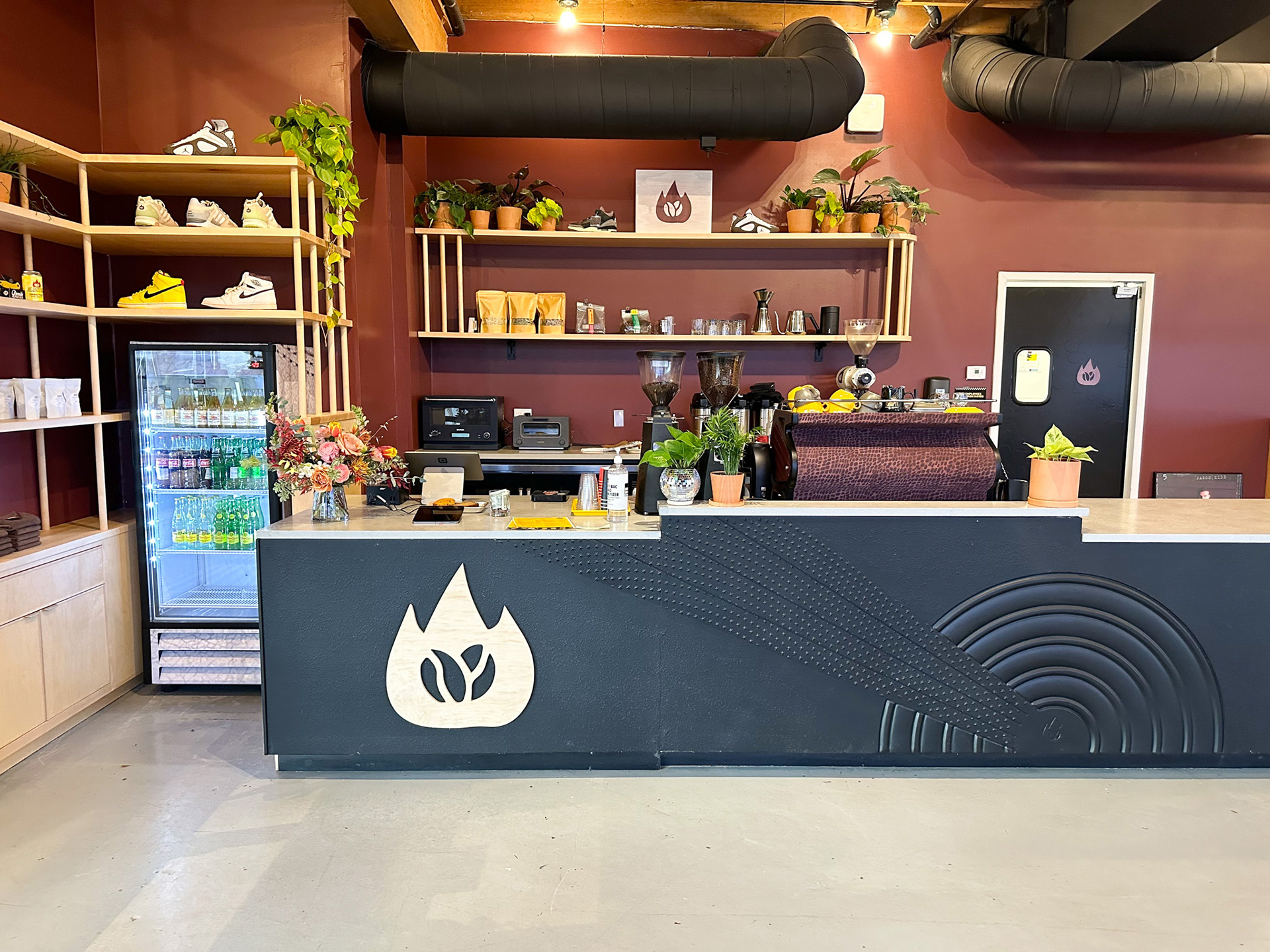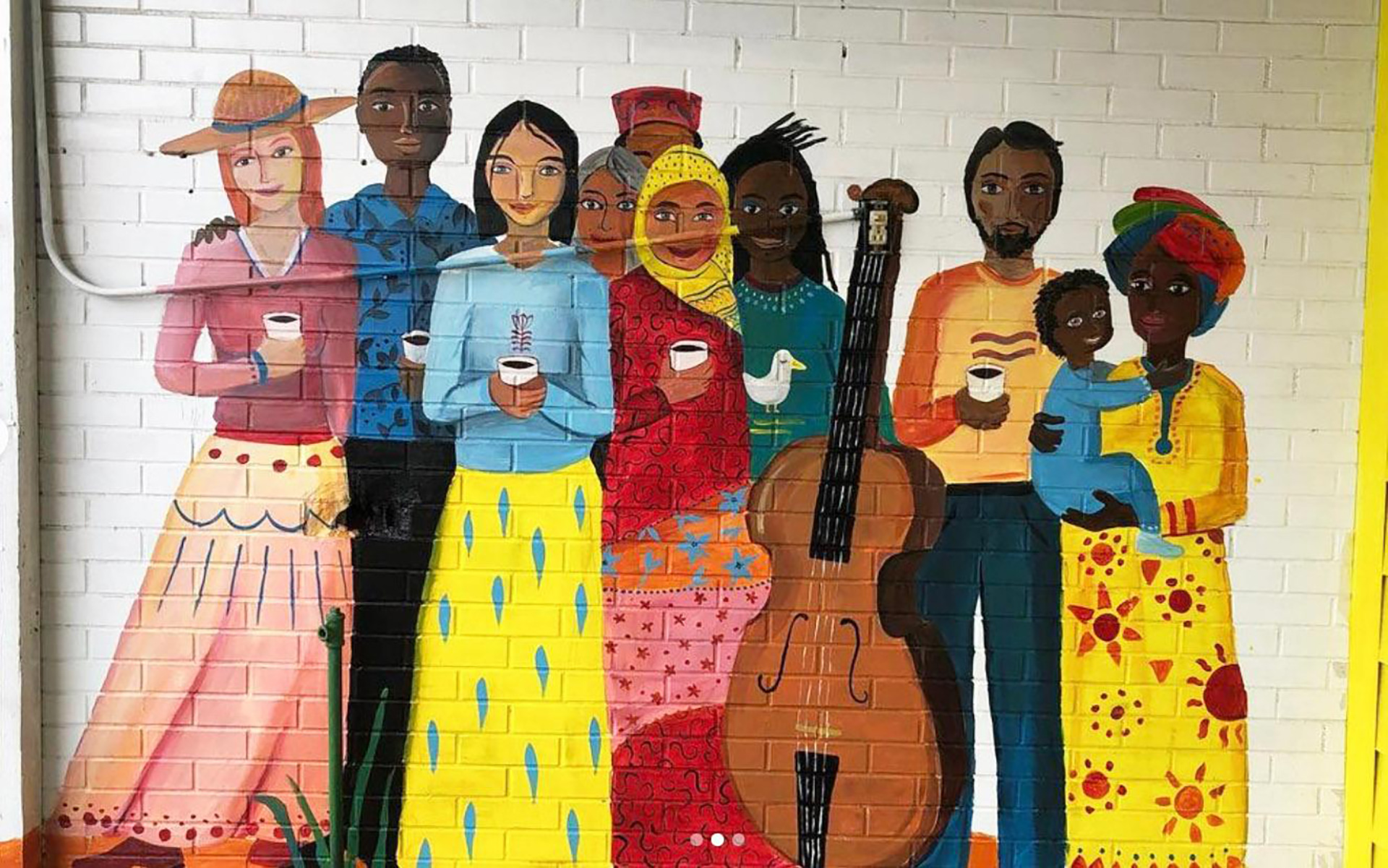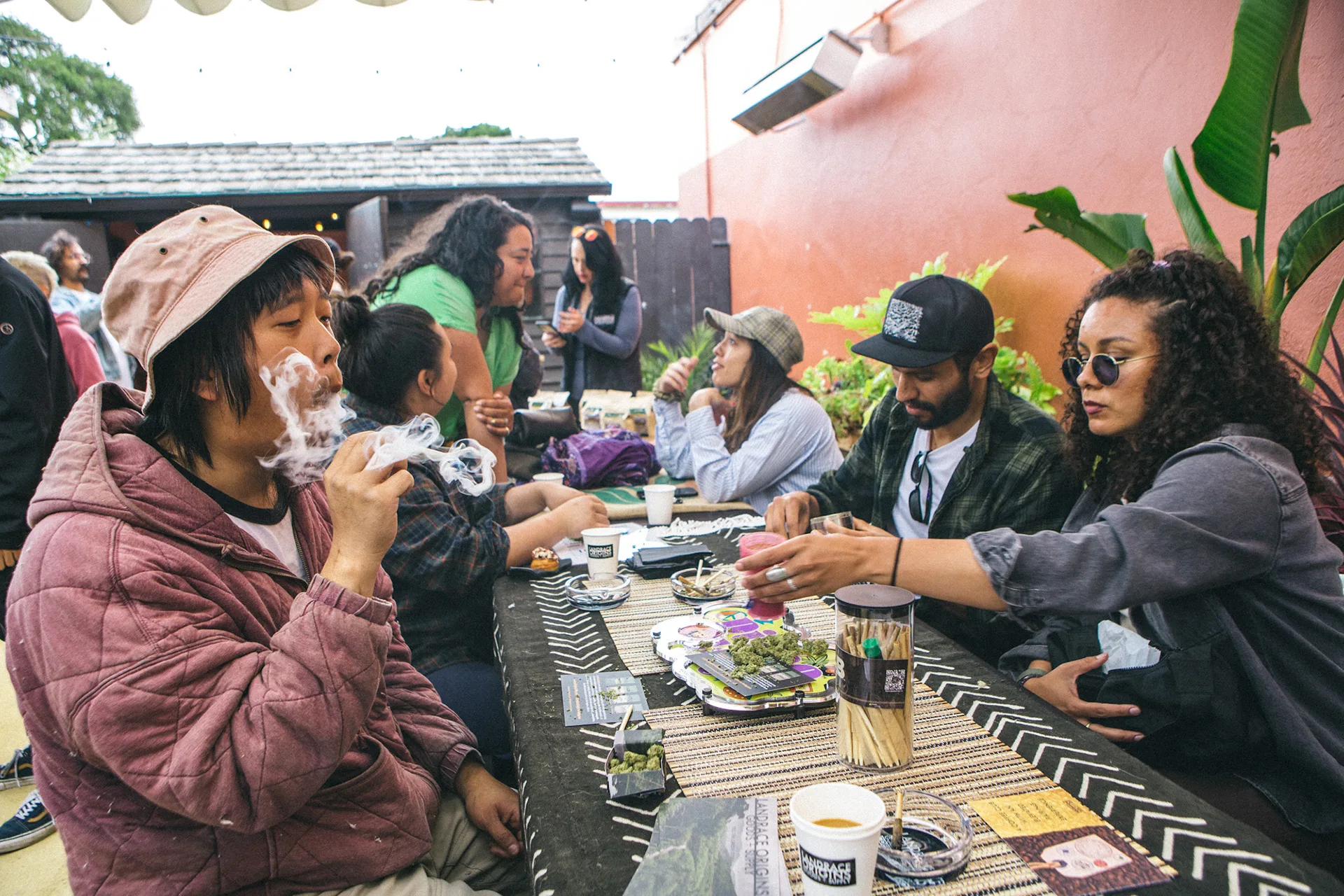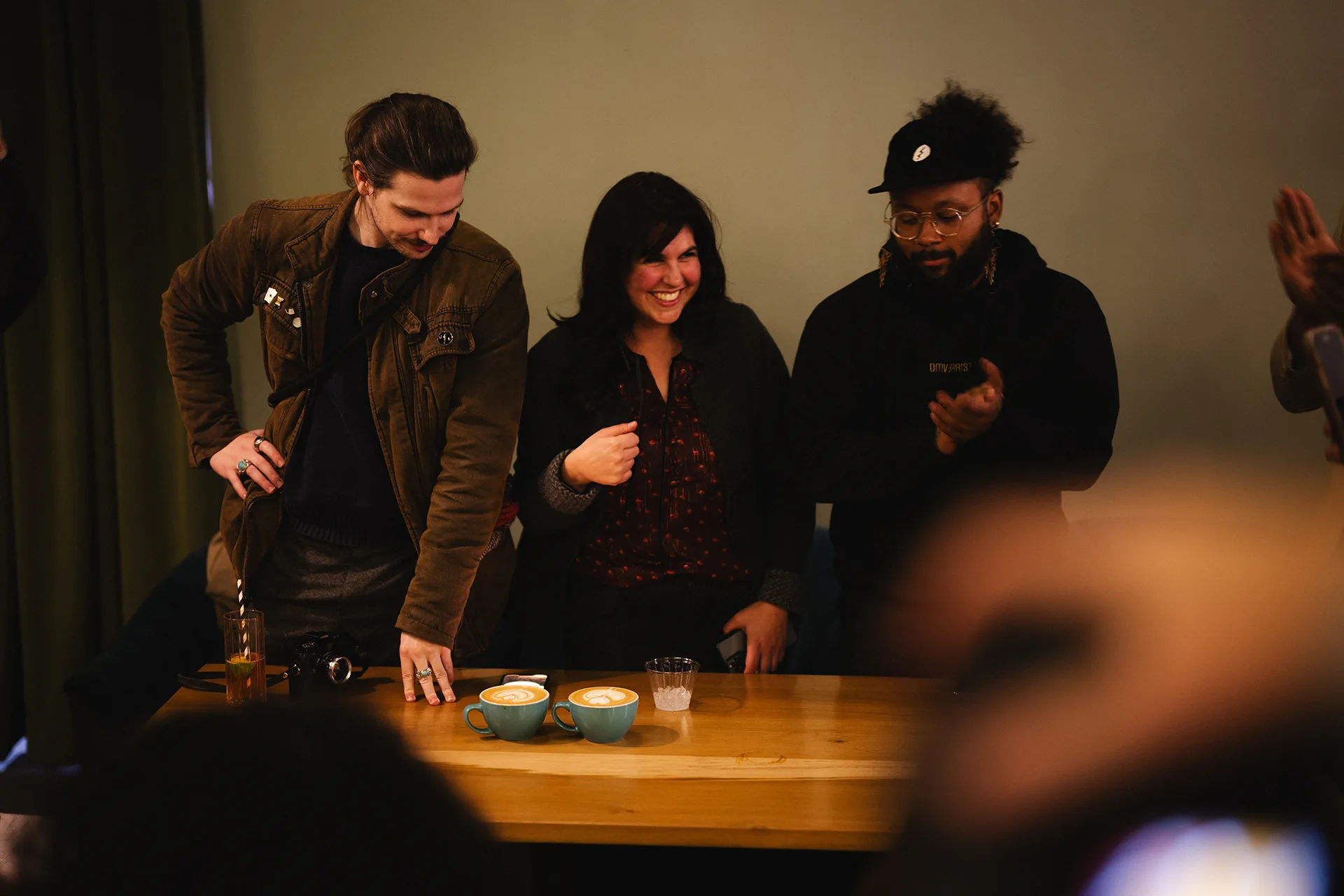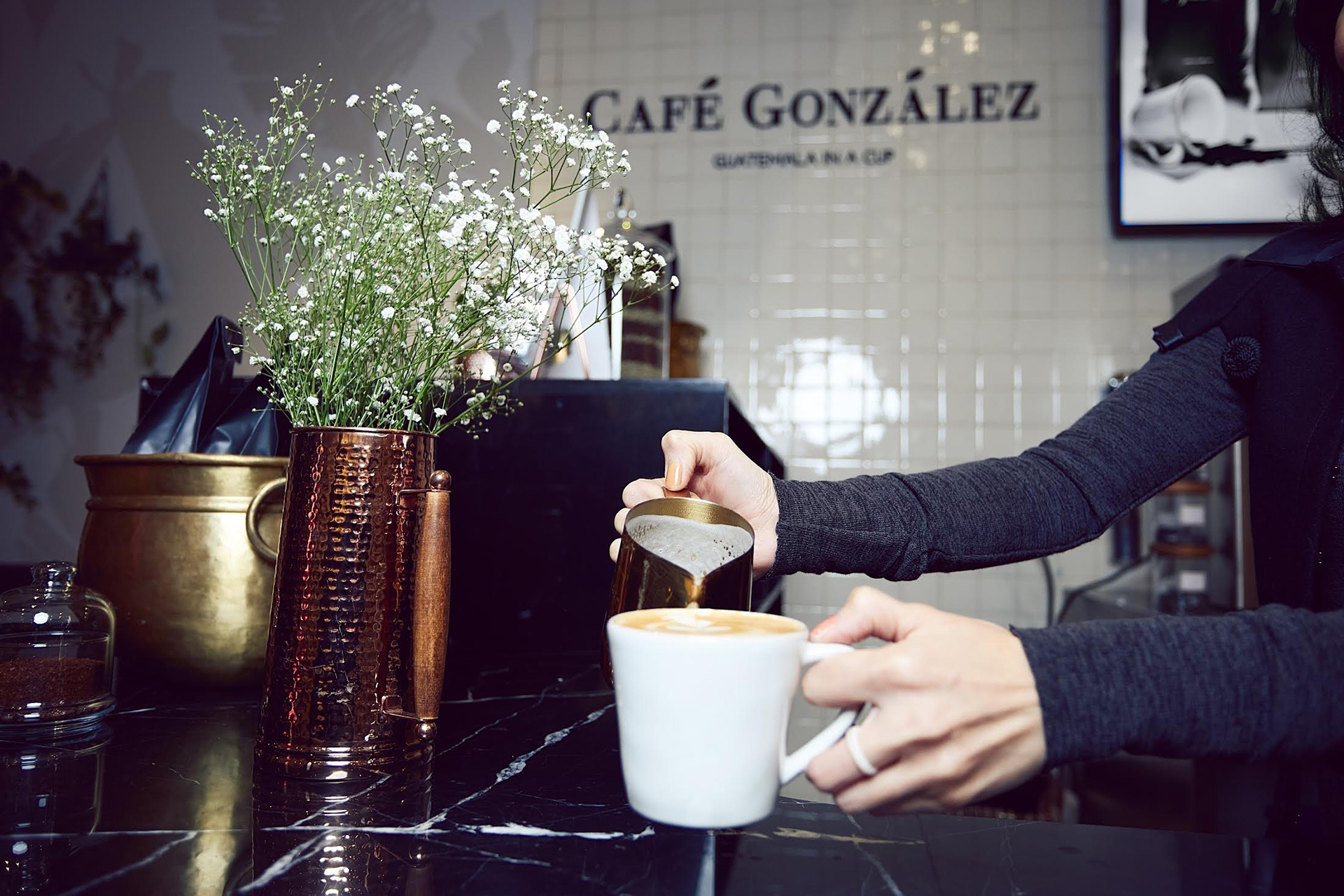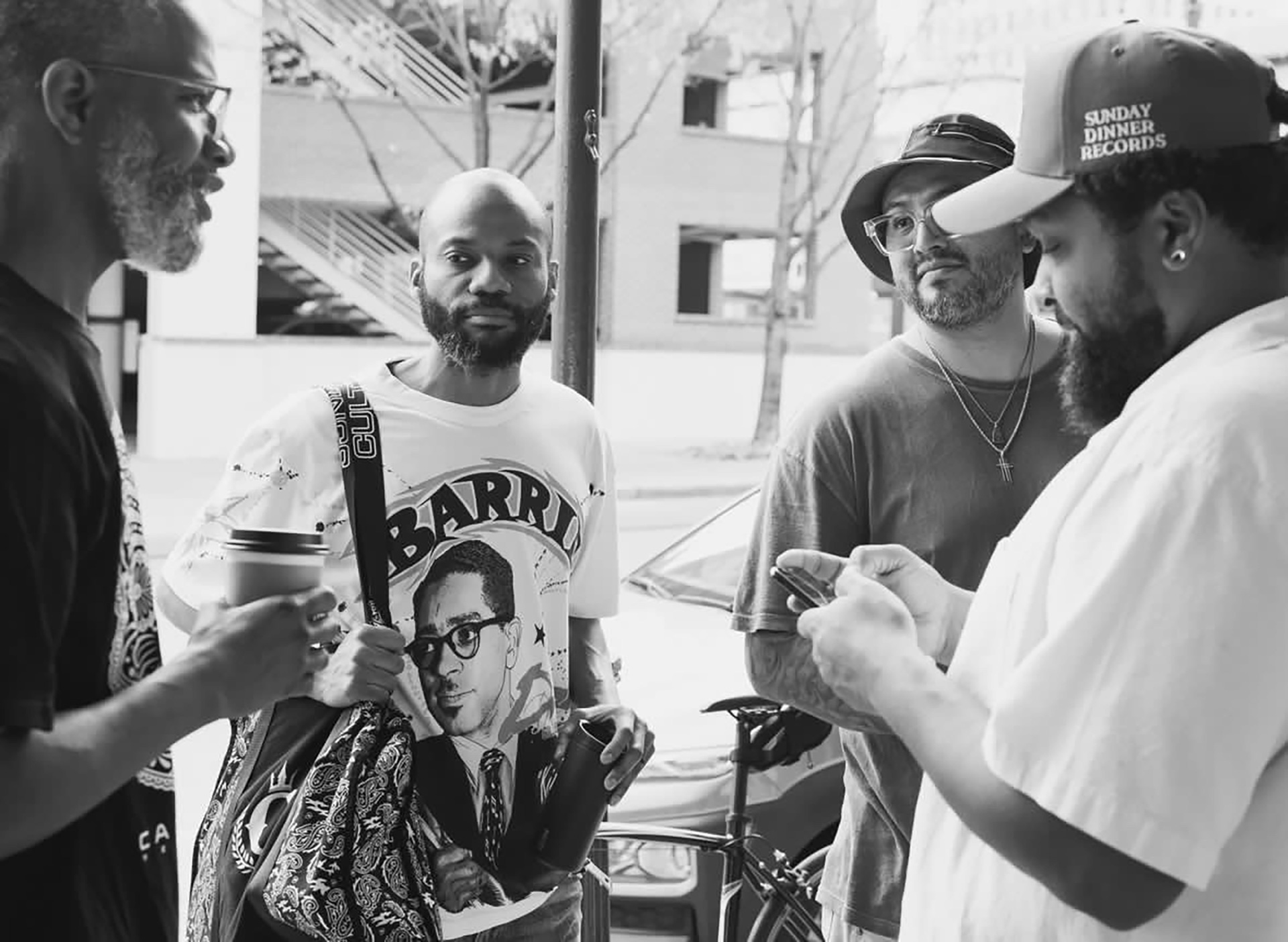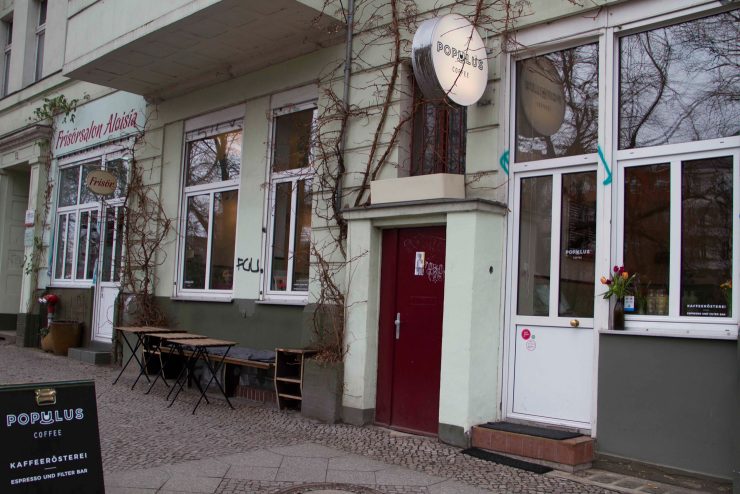
Green vibes. Green tea for the wall. Iced green cups—spring green from the fresh tulips’ leaves hanging over the glass pots. Pine green from the large ferns on the ceiling. Wood everywhere. This is Populus Coffee.
“Our bush,” says Sari Haavisto. A bit of the boreal forests that she and Henrik Haavisto brought from Finland, where nature is never far away from the city. “You will have to come back here during summer,” she continues. “It’s even better to get in when it’s hot outside.“

The Finnish couple discovered the specialty coffee world through the cozy cafes of Helsinki, but fell in love with it in Central America. In his previous life, when he was a journalist, Henrik travelled to Guatemala, to write an essay for a coffee book project, and soon he was hooked.
“In Santa Barbara, I realized that coffee can be traded really transparently and can help to bring more equality when economic exchanges are sustainable,” he says. Bitten by the coffee bug, Henrik came back home with his luggage full of information about the crop. But after then spending a few months learning the science of fire from the Kaffa guys in Oslo, he developed a new obsession: opening his own roastery. “We always wanted to create something together,” he says, looking at Sari between sips of espresso.
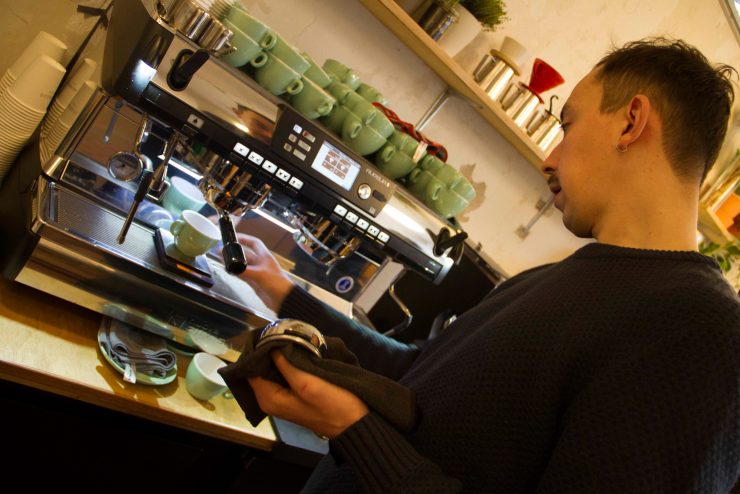
But building a cafe and roastery in Helsinki proved challenging. “There were these nice buildings in the city center,” Sari says. “But people can be very conservative in Scandinavia, and they were afraid to be annoyed by the smell.” So she and Henrik looked to nearby Berlin, where people from all over the world were gathering to collaborate in a vibrant, developing coffee scene. It was a city where Henrik and Sari felt they could start something and experiment without obstacles—save a bit of “nightmarish” German bureaucracy, according to Henrik.
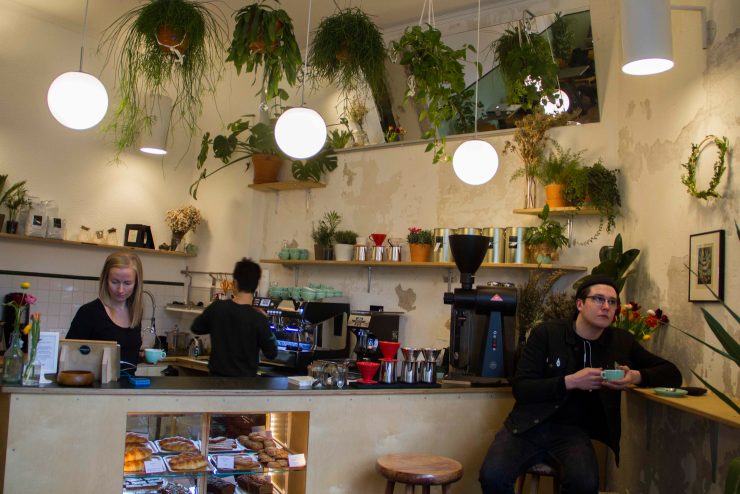
They found a building in the Kreuzberg neighborhood next to the Landwehr Canal—near a weekly Turkish food market—and knew it was time to set up shop. After building out the space over the course of a few weeks, Populus began its life as a multi-roaster—retrofitting a back room to house a roastery would take a bit more time. But for Henrik and Sari, being forced to serve coffee made by other European roasters turned out to be a silver lining.
“We featured different roasteries from Europe and people got to know us,” Henrik says. “We created so many contacts.”
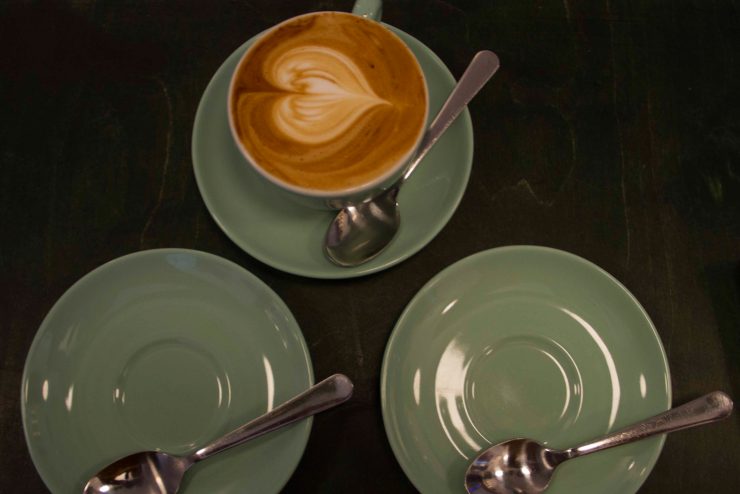
One year later, Populus is now celebrating its first anniversary—with its roastery separated from the cafe by only a thin, glass door. On the coffee menu is a crispy Kenyan espresso, with an offering from Burundi on the way for the next roast. Henrik carefully sources and selects Populus’s beans, following the seasons and social impact of what he procures.
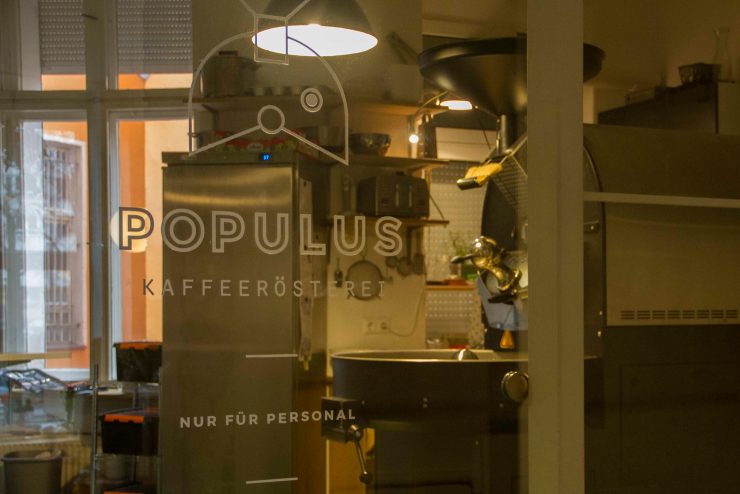
“I bought these beans from a farmers’ cooperative—they are doing amazing work—and the country needs to count on his goods to sustain, particularly nowadays, with the political crisis they are experiencing,” Henrik says of the Burundi beans. “I don’t want to teach what is a good coffee, I only like the idea that I give possibility for people to know more about the product, the roasting, and getting more curious about people who are behind their cup of coffee.”
Aimie Eliot is a freelance journalist based in Berlin. This is Aimie Eliot’s first feature for Sprudge.




